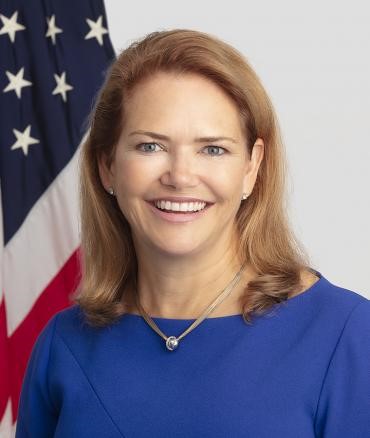CBD products are marketed almost everywhere these days, and hemp farmers are counting on this new, emerging market to bolster their revenues. However, the U.S. Food and Drug Administration (FDA) is stepping up its warnings on CBD in dietary supplements and food products. On Monday, the agency issued warning letters to 15 companies for illegally selling products containing cannabidiol (CBD) in ways that violate the Federal Food, Drug, and Cosmetic Act (FD&C Act). Five of the 15 firms are located in California.
The FDA also published a revised Consumer Update detailing safety concerns about CBD products more broadly and noted that the product is not generally recognized as safe (GRAS) for use in food products. “Based on the lack of scientific information supporting the safety of CBD in food, the FDA is also indicating today that it cannot conclude that CBD is generally recognized as safe among qualified experts for its use in human or animal food,” the agency noted in a release.
“There also is no food additive regulation which authorizes the use of CBD as an ingredient in human food or animal food, and the agency is not aware of any other exemption from the food additive definition that would apply to CBD," FDA said. "CBD is therefore an unapproved food additive, and its use in human or animal food violates the FD&C Act for reasons that are independent of its status as a drug ingredient." But FDA also pointed out that it “continues to explore potential pathways” for CBD products to be lawfully marketed.
“As we work quickly to further clarify our regulatory approach for products containing cannabis and cannabis-derived compounds like CBD, we’ll continue to monitor the marketplace and take action as needed against companies that violate the law in ways that raise a variety of public health concerns," FDA Principal Deputy Commissioner Amy Abernethy said. "In line with our mission to protect the public, foster innovation, and promote consumer confidence, this overarching approach regarding CBD is the same as the FDA would take for any other substance that we regulate.
“We remain concerned that some people wrongly think that the myriad of CBD products on the market, many of which are illegal, have been evaluated by the FDA and determined to be safe, or that trying CBD ‘can’t hurt.’"
Abernethy noted that, aside from one prescription drug approved to treat two pediatric epilepsy disorders, these products have not been approved by the FDA.

FDA Principal Deputy Commissioner Amy Abernethy
“We want to be clear that a number of questions remain regarding CBD’s safety — including reports of products containing contaminants, such as pesticides and heavy metals — and there are real risks that need to be considered," Abernethy said. "We recognize the significant public interest in CBD and we must work together with stakeholders and industry to fill in the knowledge gaps about the science, safety and quality of many of these products.”
“The specific content of these warnings provides valuable lessons to companies as to how the FDA may continue to enforce and regulate CBD, especially as it relates to children, social media, and animal products and feed residue,” noted the law firm Faegre Baker Daniels in an alert.
“The breadth and scope of issues described in the warning letters confirms that the FDA has its sight on dietary supplements and food that contain CBD, even as the agency continues to use enforcement discretion for many products," the law firm said. "These enforcement actions suggest that all companies, not just CBD-focused companies, should understand that enforcement discretion is not a shield for illegal or ignorant practices resulting in drug claims, inappropriate use of social media and, most importantly, failure to confirm product safety.”
For more news, go to www.Agri-Pulse.com


